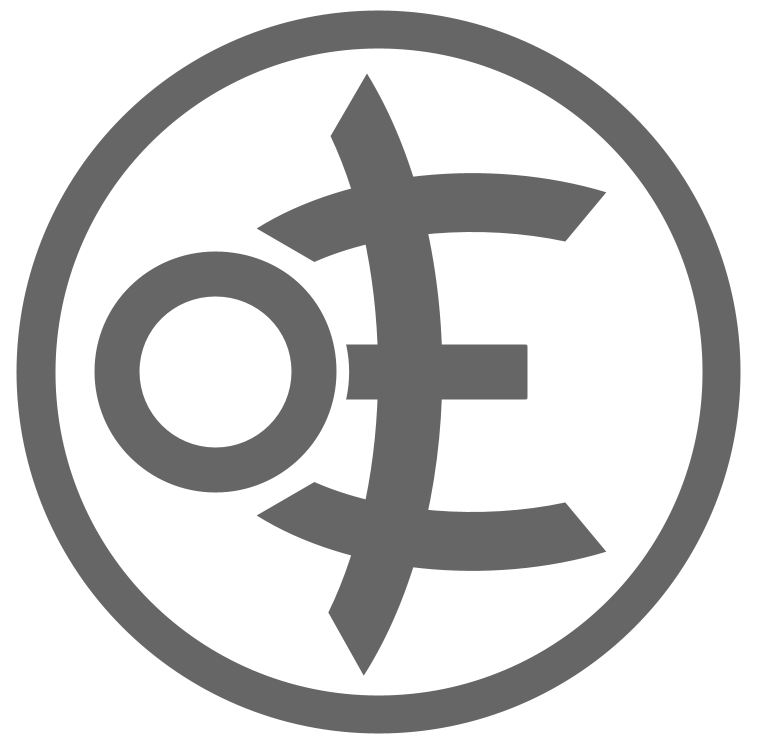@o_o@programming.dev asked “why are folks so anti-capitalist?” not long ago. It got quite a few comments. But I noticed a trend: a lot of people there didn’t agree on the definition of “capitalism”.
And the lack of common definition was hobbling the entire discussion. So I wanted to ask a precursor question. One that needs to be asked before anybody can even start talking about whether capitalism is helpful or good or necessary.
Main Question
- What is capitalism?
- Since your answer above likely included the word “capital”, what is capital?
- And either,
- A) How does capitalism empower people to own what they produce? or, (if you believe the opposite,)
- B) How does capitalism strip people of their control over what they produce?
Bonus Questions (mix and match or take them all or ignore them altogether)
- Say you are an individual who sells something you create. Are you a capitalist?
- If you are the above person, can you exist in both capitalist society and one in which private property has been abolished?
- Say you create and sell some product regularly (as above), but have more orders than you can fulfill alone. Is there any way to expand your operation and meet demand without using capitalist methods (such as hiring wage workers or selling your recipes / process to local franchisees for a cut of their proceeds, etc)?
- Is the distinction between a worker cooperative and a more traditional business important? Why is the distinction important?


Okay… I’m a bit confused… but I think you are saying the worker in the private company provides – as his main product – labor, even though he’s still directly responsible for the creation of the sprocket that he poured. And that he is rewarded for his labor, which is his primary contribution, even though he receives no direct reward for the creation of the sprocket.
Am I understanding you? Please ignore everything below this if I’m not understanding you.
On the other hand, if I am understanding you correctly, please read on: the worker in the co-op performed the same task. And unlike the private worker, the co-op worker is given a reward for more than just his labor. He’s given a vote in who the sprocket is sold to, a vote in the price set when the sprocket is sold, a vote in the exact mixture of ores going into the sprocket, and (without needing to ask for a raise, without needing to change jobs) the worker in the worker co-op gets a voice in how much he gets paid, what hours he gets scheduled, and how much vacation and sick leave he is allowed.
The worker in the worker co-op gets a voice in general. Agency.
I don’t see how those two things just seem like different flavors of “company” to you. One strips the worker of everything but his labor. The other gives him a voice.
To me, that makes them opposites.